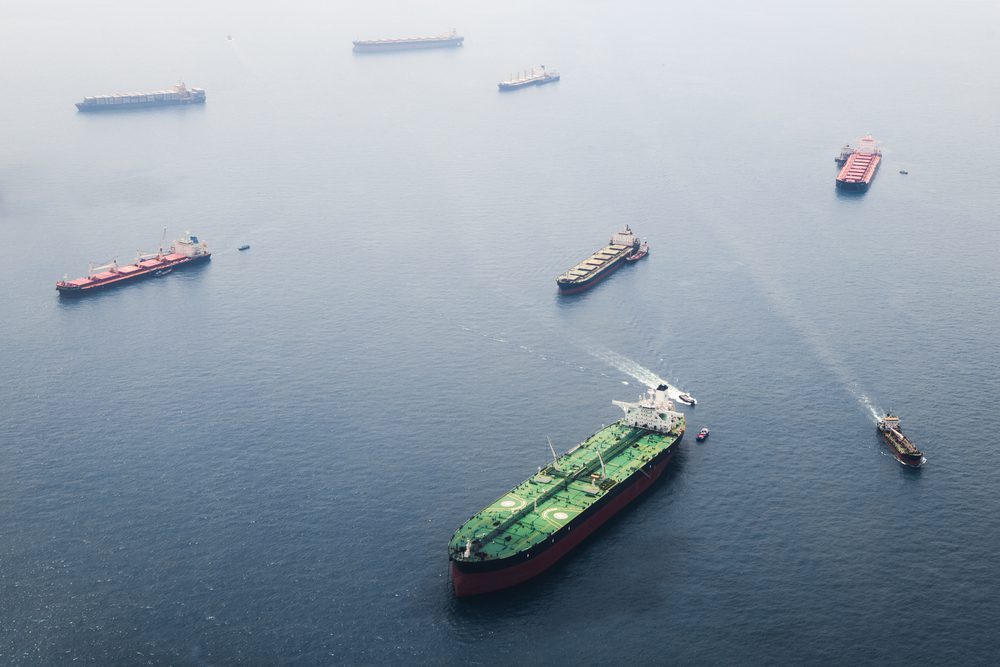(Bloomberg) —
Australia and the Philippines have signed an agreement to boost collaboration on maritime security, including “promoting respect for international law,” in the latest sign of their deepening defense ties at a time of a growing Chinese military presence in the region.
President Ferdinand Marcos Jr. called on Australia to help protect freedom of navigation in the South China Sea, saying in a speech to parliament on Thursday that the safety of the vital shipping lane is “crucial to preservation of regional peace.”
“The security and continued prosperity of the region and countries like Australia relies upon that effort,” Marcos said, repeating that the Philippines will not allow foreign powers “to take even one square inch” of territory.
“We will not yield,” he told Australian lawmakers to applause. Marcos is the first Philippine leader to address a joint sitting of parliament in Canberra.
The president is making a state visit to Australia ahead of the ASEAN-Australia summit in Melbourne starting Monday. As part of the trip, the Philippines leader signed three memorandums of understanding with Australian Prime Minister Anthony Albanese — on maritime cooperation, cyber and critical technology and competition law.
Speaking after the signing, Albanese said the two countries were working together “to build a peaceful region where international law is respected and waterways are open for trade.”
There was a brief interruption early in Marcos’ speech to parliament, when Australian Greens Senator Janet Rice held up a sign reading “Stop the Human Rights Abuses.” Shortly afterward, she was escorted from the chamber.
Under Marcos, the Philippines has moved to strengthen ties with traditional security partners, including the US, in the face of intensifying pressure from Beijing in the South China Sea. China claims large swathes of the waterway, including areas the Philippines says are part of its exclusive economic zone.
Australia, in turn, is working with the US and UK to develop a fleet of nuclear-powered submarines that could be deployed early next decade under the Aukus agreement. Canberra has simultaneously moved to bolster relations with Southeast Asian nations in the face of China’s growing power in the region.
But Albanese has also sought to position Australia as a middle power that will stand alongside like-minded nations to de-escalate tensions and try to maintain peace.
Albanese will host leaders of the Association of Southeast Asian Nations, excluding Myanmar, for a summit in Melbourne to celebrate 50 years of relations between Australia and the organization.
Marcos’s trip to Canberra ahead of the summit comes after Albanese in September became the first sitting Australian prime minister in two decades to visit the Philippines. During the trip, the two leaders signed a strategic partnership agreement that elevates their relationship.
Australia and the US are the only countries with whom the Philippines has a Visiting Forces Agreement. Canberra and Manila have also run joint patrols in the South China Sea.
© 2024 Bloomberg L.P.

 Join The Club
Join The Club










